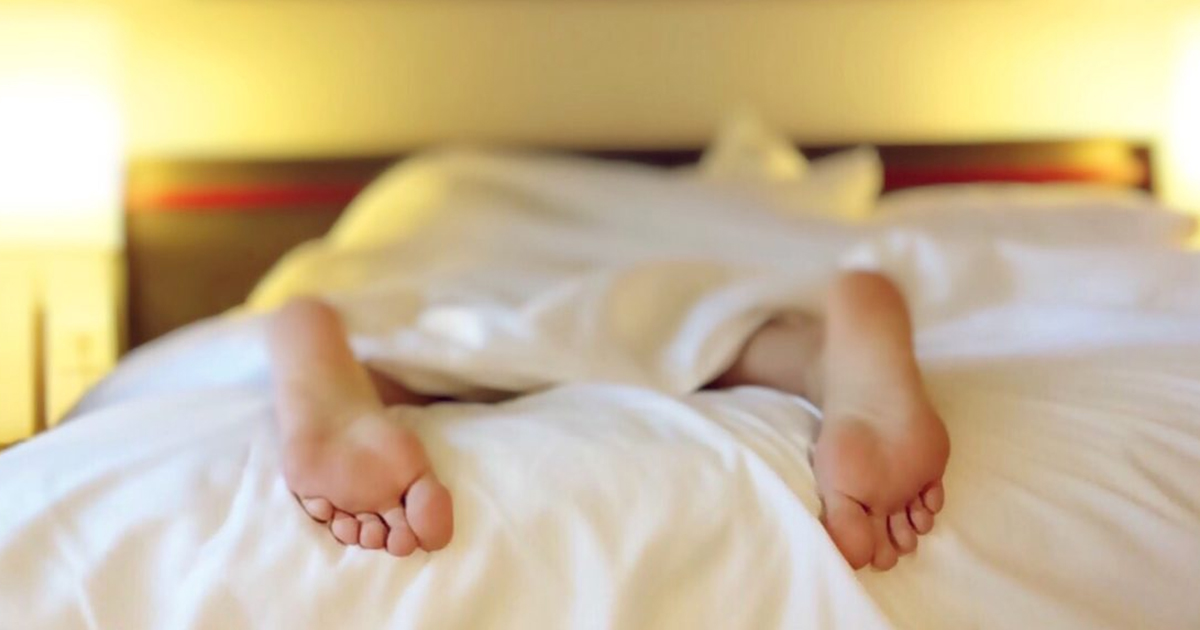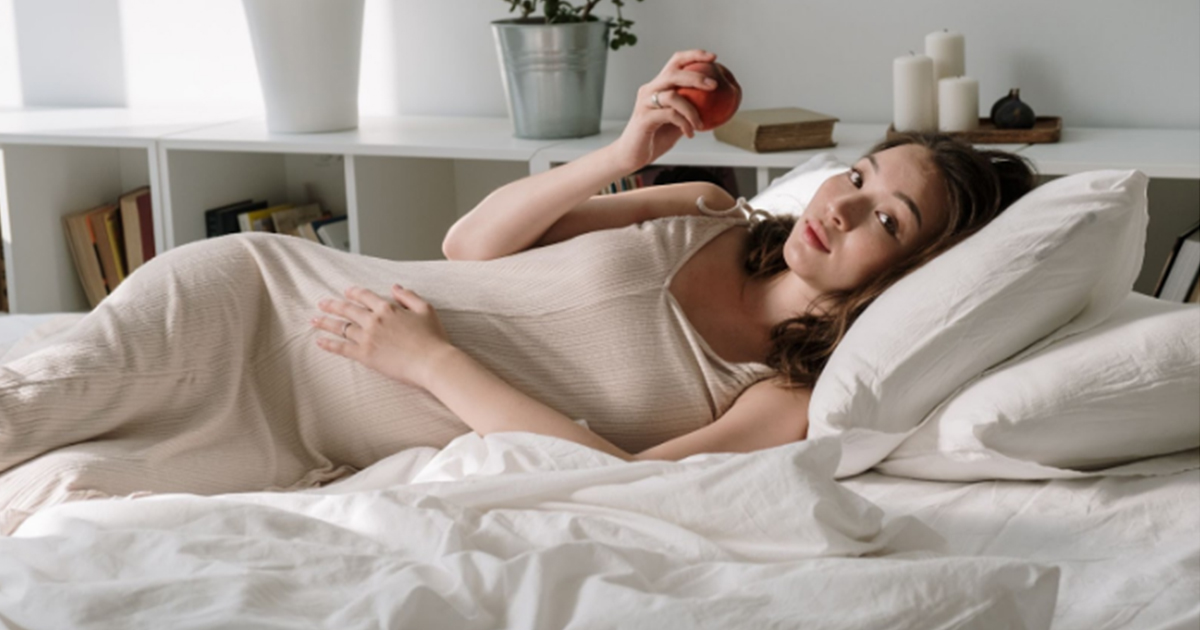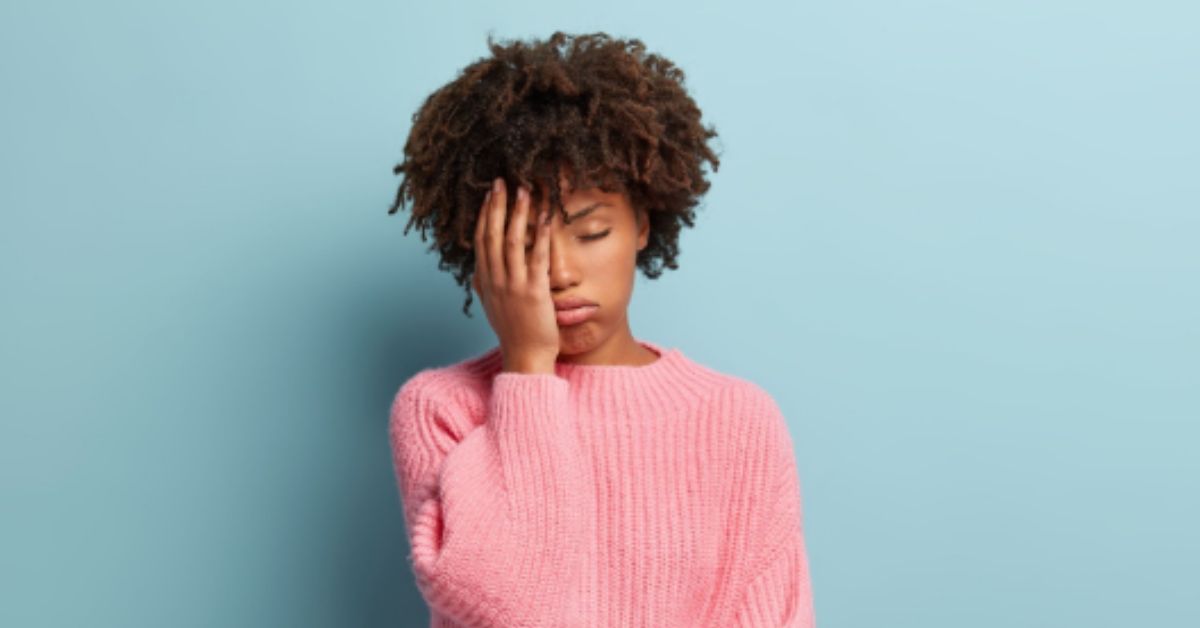Do you have trouble falling and staying asleep? Does your insomnia stop you from enjoying the rest of your day? Or, do you have a sleep disorder? If you can answer yes to any of those questions, you’re probably looking for ways to remedy the problem. However, finding healthy sleep tips isn’t always easy, especially if you’ve tried conventional methods. Here are eight tips for better sleep.
Progressive Muscle Relaxation
Progressive muscle relaxation (PMR) is a technique that involves alternating between tensing and relaxing your muscles. It can help you relax and reduce physical tension, making falling asleep easier. To try PMR, start by tensing the muscles in your feet and holding the tension for a few seconds before releasing it. Move up to your calves, thighs, stomach, arms, and so on until you have tensed and relaxed every muscle group.
Practice Deep Breathing Exercises
Deep breathing can help you calm your mind and body. While you can do many breathing exercises, one of the most popular ones is called 4-7-8 breathing. Start by inhaling deeply for four seconds, then hold your breath for seven seconds, exhale for eight, and hold your breath for another four. Repeat this technique until you feel more relaxed and calm.
Use a Weighted Blanket
Weighted blankets help promote relaxation while you’re in bed and reduce stress. These blankets are filled with glass beads or plastic pellets, providing a gentle pressure that can help you feel grounded and secure. The pressure from the blanket can also trigger the release of serotonin and other neurotransmitters that promote relaxation and sleep.
Listen to White Noise
White noise and autonomous sensory meridian response (ASMR) are two types of audio that can promote relaxation and help you fall asleep faster. White noise is a continuous, low-level sound that can help mask other noises that might keep you awake. ASMR is a type of audio that triggers a tingling sensation in your scalp and neck, which can help you feel relaxed and sleepy. You can find it on most streaming platforms, which are easily accessible.
Taking a Warm Bath
A warm bath before bed helps you relax and promote a healthy sleep environment. The warm water can help lower your body temperature, making it easier to fall asleep. You can add essential oils such as lavender or chamomile to your bath to promote relaxation and calmness. If you don’t like baths, showers work, too!
Practice Visualization
Visualization is a technique that involves imagining yourself in a peaceful and relaxing environment. To practice this in your daily life, start by closing your eyes and imagining a place that makes you feel calm and happy, such as a beach or a forest. Use your senses to create a vivid mental image of this place, including the sounds, smells, and textures. Visualization can help you relax and reduce stress, promoting better sleep. This exercise is also called “developing a safe, calm place.”
Use a Sleep Mask
A sleep mask can help block out light and create a dark sleep environment. Glares can interfere with how your body produces melatonin. A sleep mask can also help you feel more relaxed and secure, making it easier to fall asleep.
Put Away Electronics
Putting away electronics before bed can significantly improve your sleep quality. Electronic devices like smartphones and tablets produce blue light, which can hinder melatonin production, making it difficult to fall asleep and sleep quality throughout the night. In addition to the blue light effect, using electronic devices before bed can stimulate your brain and make it difficult to wind down and relax.
Setting aside electronics before bed, reduce stimulation in your brain creating a calm and relaxing environment that’s better for your sleep.
Have a Consistent Bedtime
Establishing a consistent bedtime can positively impact your sleep quality. When you go to bed at the same time every day, you’re helping to regulate your body’s natural sleep-wake cycle. This can lead to difficulty falling asleep, waking up multiple times during the night, and feeling tired all day. By sticking to the bedtime for a while, you’re signaling to your body that it’s time to sleep.
Additionally, a consistent bedtime routine can also help to relax your mind.
Take a Sleep Medication
Taking sleep medication can effectively improve sleep quality for those who struggle with insomnia or other sleep disorders. Sleep medications slow down brain activity during the night, making falling and staying asleep easier. Some types of sleep medications, such as benzodiazepines and non-benzodiazepine sedatives, can also help to reduce anxiety. However, it’s important to note that sleep medications should only be used under the guidance of a healthcare provider, as they can have potential side effects and may interact with other medications or health conditions. It’s also essential to address the underlying factors contributing to sleep difficulties. The Jacksonville Sleep Center doctors can help you achieve this if medication is something you’re interested in exploring.
How Jacksonville Sleep Center Can Help
Are you ready to take control of your sleep? Dr. Nassar and Dr. Festic, our two board-certified sleep specialists, will help you find the right solution to help you conquer your sleep disorder. We’ll also give you healthy sleep tips. Contact us today to schedule a consultation with one of our providers.






